15 Random Everyday Habits That Have Surprisingly Ancient Origins
Ever wondered why we knock on wood for luck? Or why stretching feels so natural first thing in the morning? Many of our daily habits started thousands of years ago, passed down through generations until they became second nature.
Some began as sacred rituals, others as practical solutions to ancient problems. Yet they’ve stuck around, woven into the fabric of human behavior.
Take a peek into the surprising origins of these everyday habits that connect us to our ancestors in ways we rarely notice.
The Morning Stretch
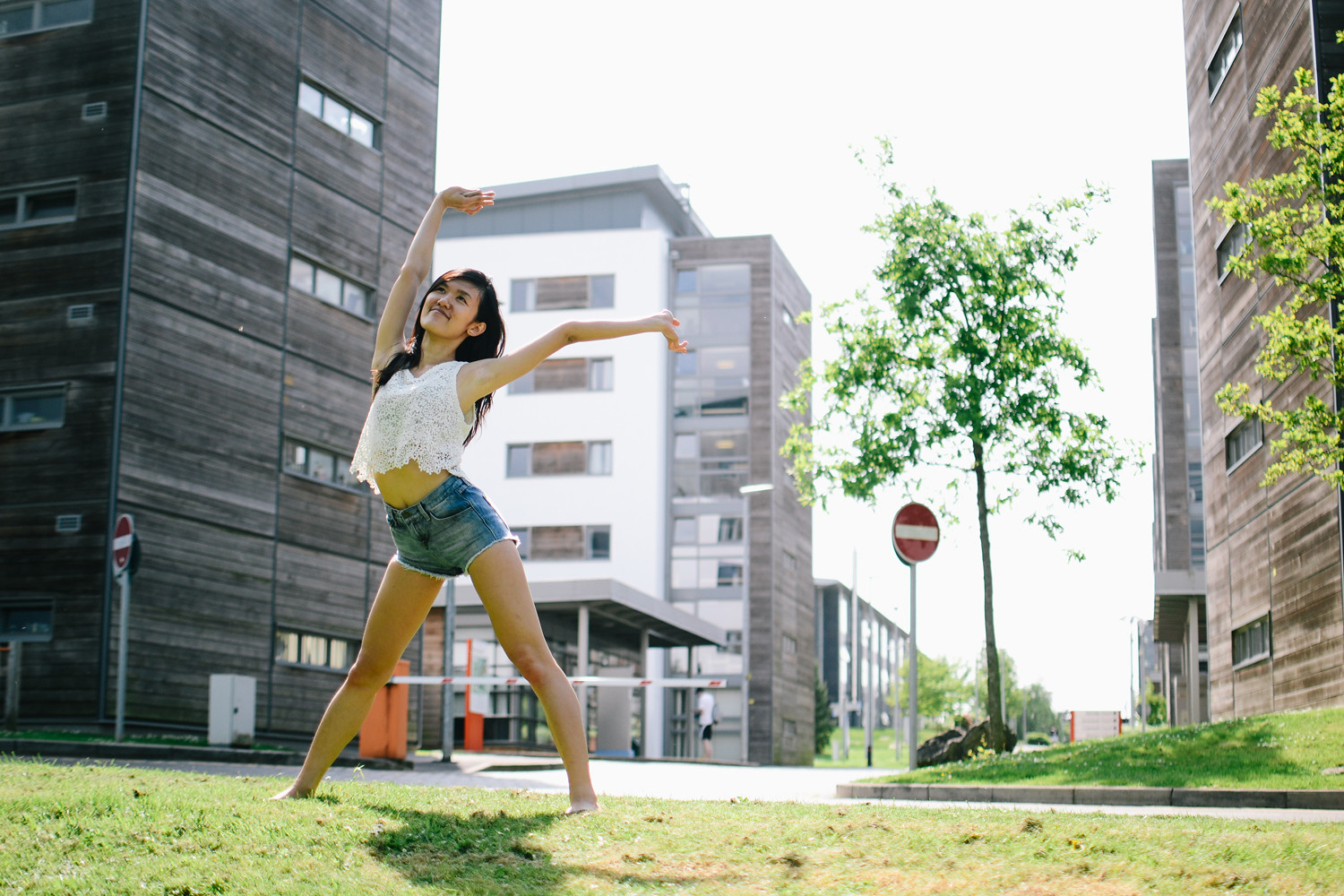
Back when ancient Hindu practitioners developed their first yoga poses, they weren’t thinking about Instagram-worthy positions. They simply noticed how animals naturally stretched after rest and recognized its benefits.
This simple observation led to structured morning routines that spread westward. Watch a cat wake up from a nap – that luxurious stretch isn’t so different from what those early yogis practiced.
Knocking on Wood

Long before smartphones and science, Germanic tribes saw trees as cosmic telephone lines to their gods. They believed spirits lived in trees, particularly oaks, and a quick knock could bring good luck.
The practice stuck around even as beliefs changed. These days, we might not believe in tree spirits, but that instinct to tap wood after mentioning good fortune feels oddly reassuring.
Like Go2Tutors’s content? Follow us on MSN.
Blessing After Sneezes
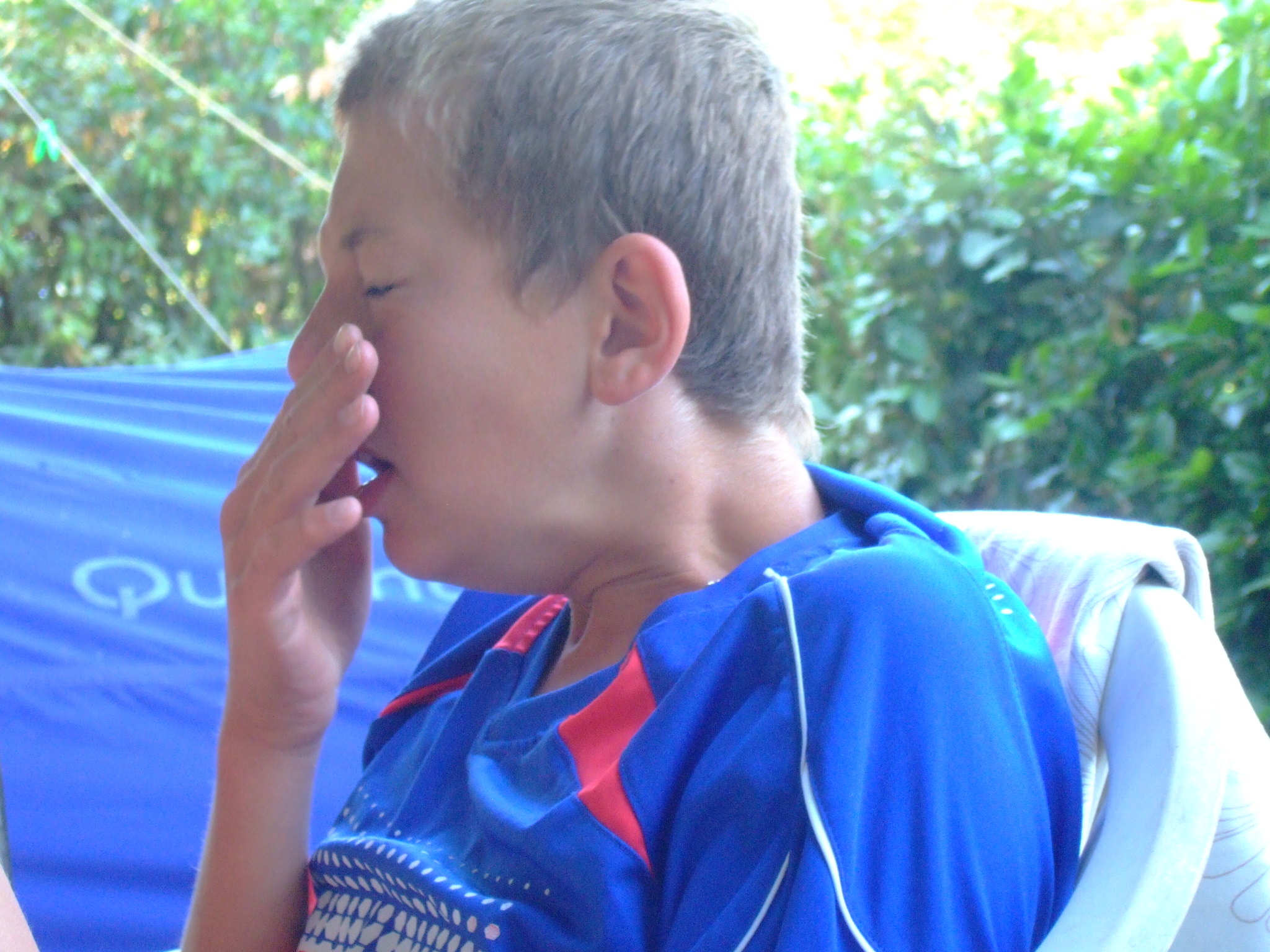
That automatic “bless you” after someone sneezes? Thank the ancient Romans. They figured sneezing opened the body to evil spirits – a bit like leaving your front door wide open in a sketchy neighborhood.
Different cultures came up with their own versions of sneeze blessings, from simple gestures to elaborate prayers. Somehow, this quirky habit survived centuries of changing beliefs.
Pressed-Palm Greetings

Before handshakes became standard, pressing palms together was the go-to greeting across ancient Asia. Hindu tradition saw it as acknowledging the divine in others – pretty deep for a simple hello.
As traders and travelers spread across continents, this gesture morphed into different forms but kept its core meaning of respect.
Wedding Rings
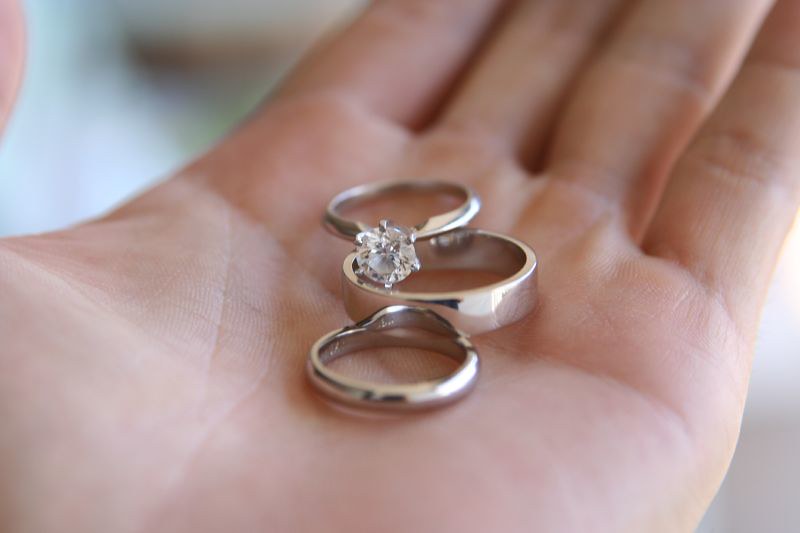
Ancient Egyptians didn’t have diamond stores or engagement ring commercials, but they started something big with simple reed rings. The circle shape meant forever to them – no beginning, no end.
When precious metals became available, the tradition got fancier but kept its symbolic meaning. Now that’s staying power.
Like Go2Tutors’s content? Follow us on MSN.
Farewell Kisses
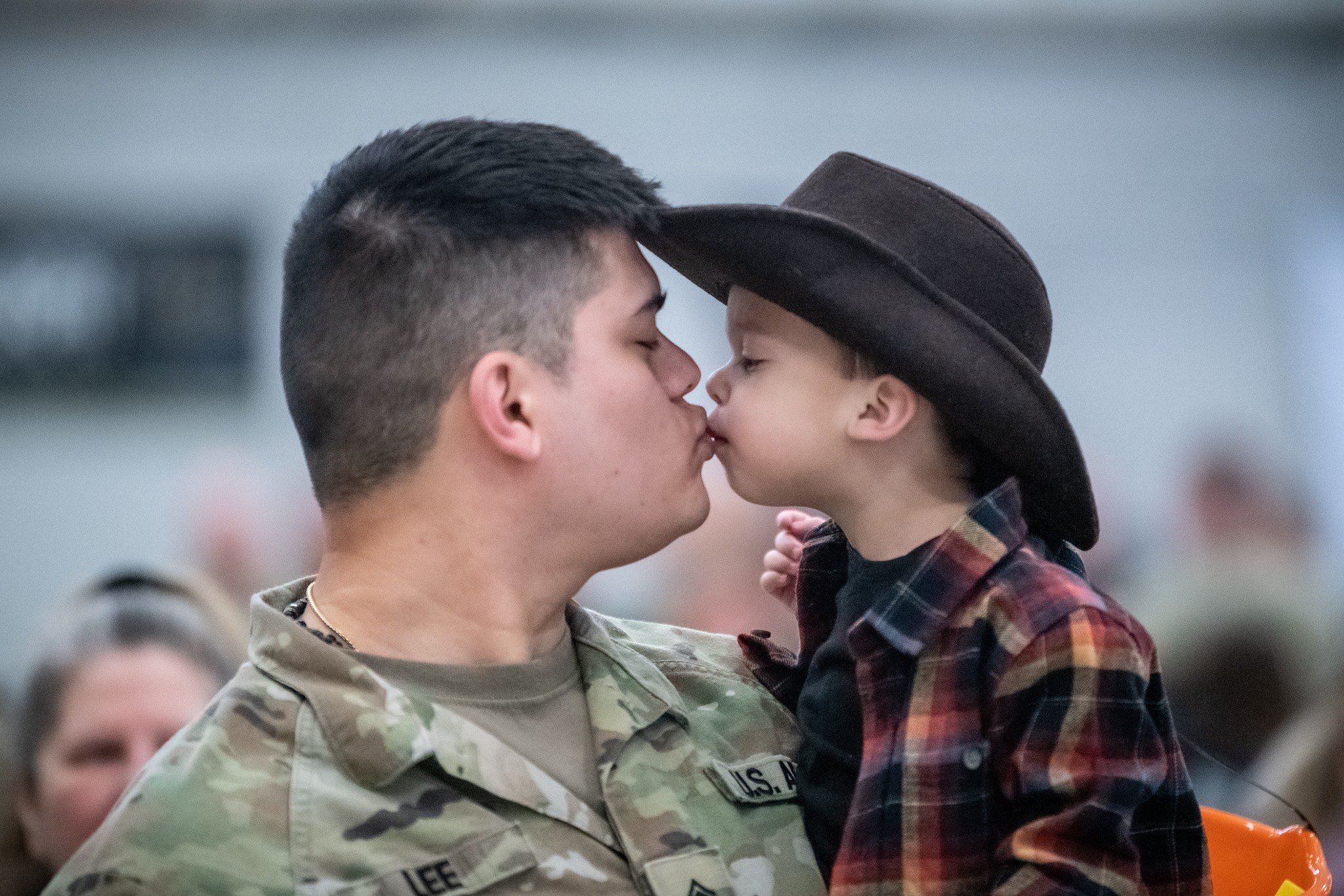
Ancient Middle Eastern cultures turned goodbyes into an art form. They saw farewells as important moments worthy of marking with specific gestures.
The custom spread along trade routes, picking up local flavors. From air kisses to bear hugs, saying goodbye became more than just turning and walking away.
Glass-Clinking Toasts
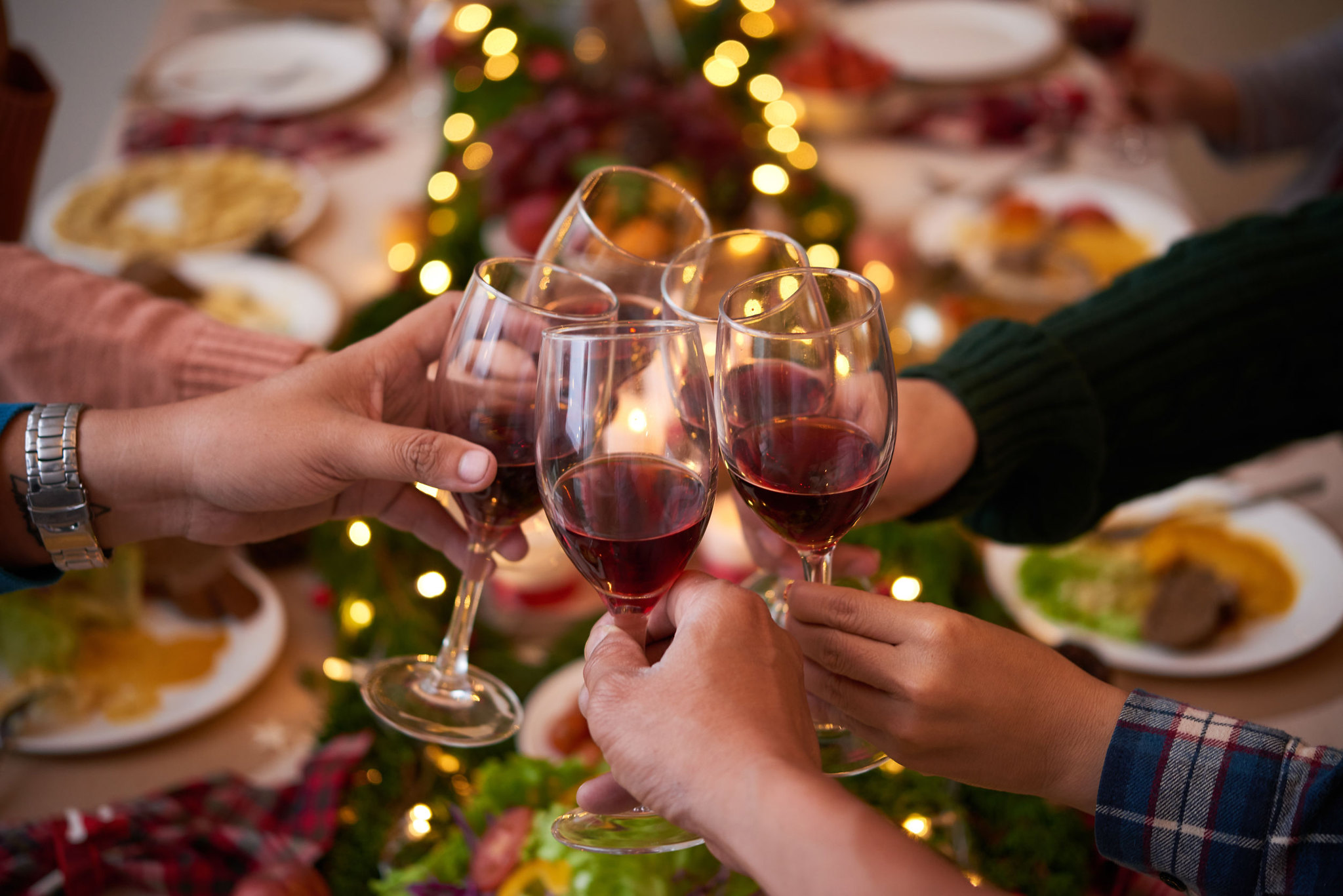
Ancient Greeks didn’t just drink wine – they turned it into a social ceremony. The practice of clinking glasses started as a way to slosh drinks together, proving no one had poisoned the wine.
Vikings added their own spin, turning drinking rituals into displays of trust and friendship. Modern dinner parties keep the tradition alive, minus the poison paranoia.
Umbrella Usage
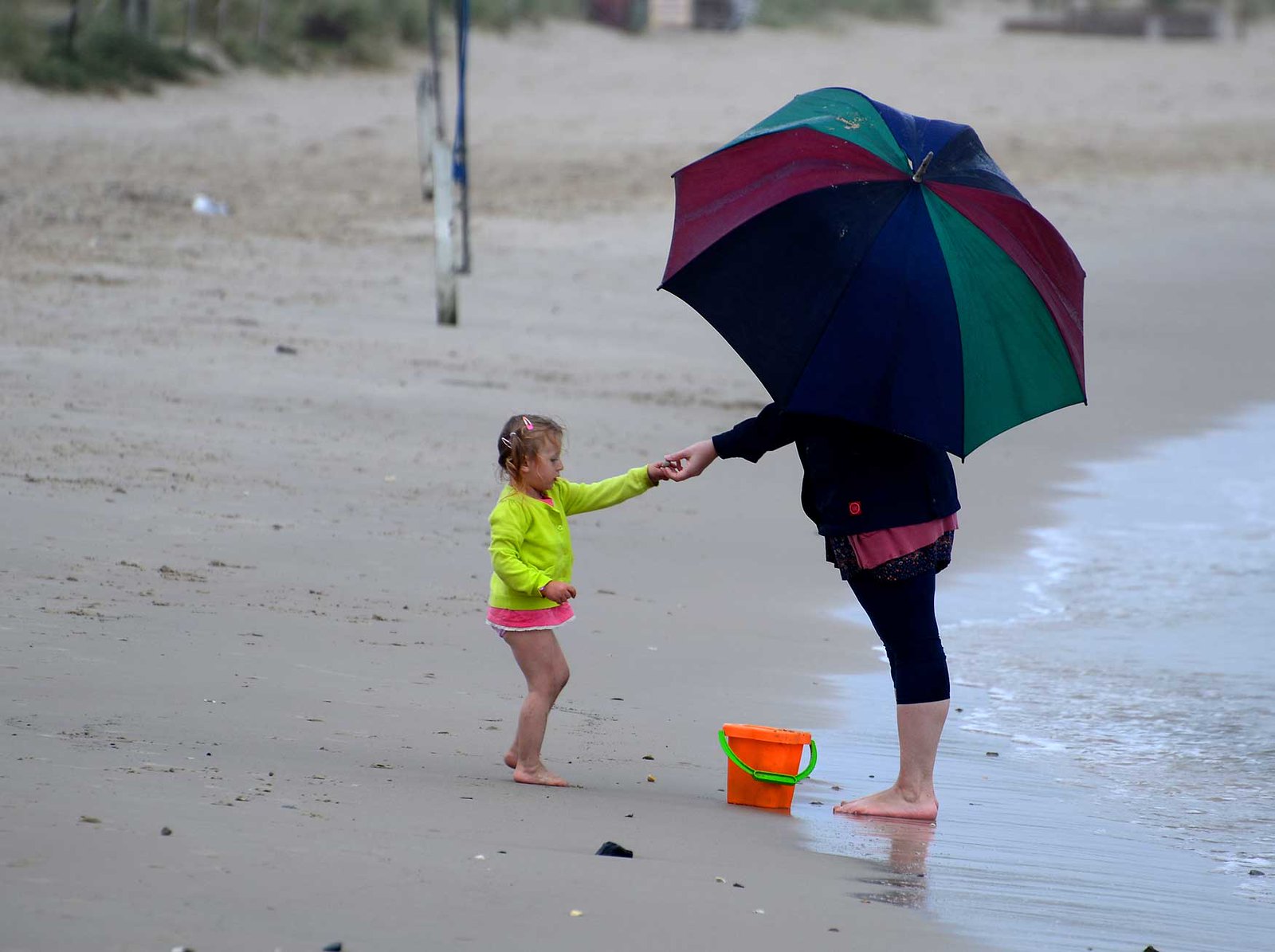
The first umbrellas weren’t about staying dry – they were pure status symbols. Ancient rulers in Mesopotamia had servants hold shades over them, showing off their importance.
When Chinese craftsmen figured out how to make them portable, umbrellas became practical tools for everyone. Talk about innovation democratizing luxury.
Like Go2Tutors’s content? Follow us on MSN.
Cosmetic Applications
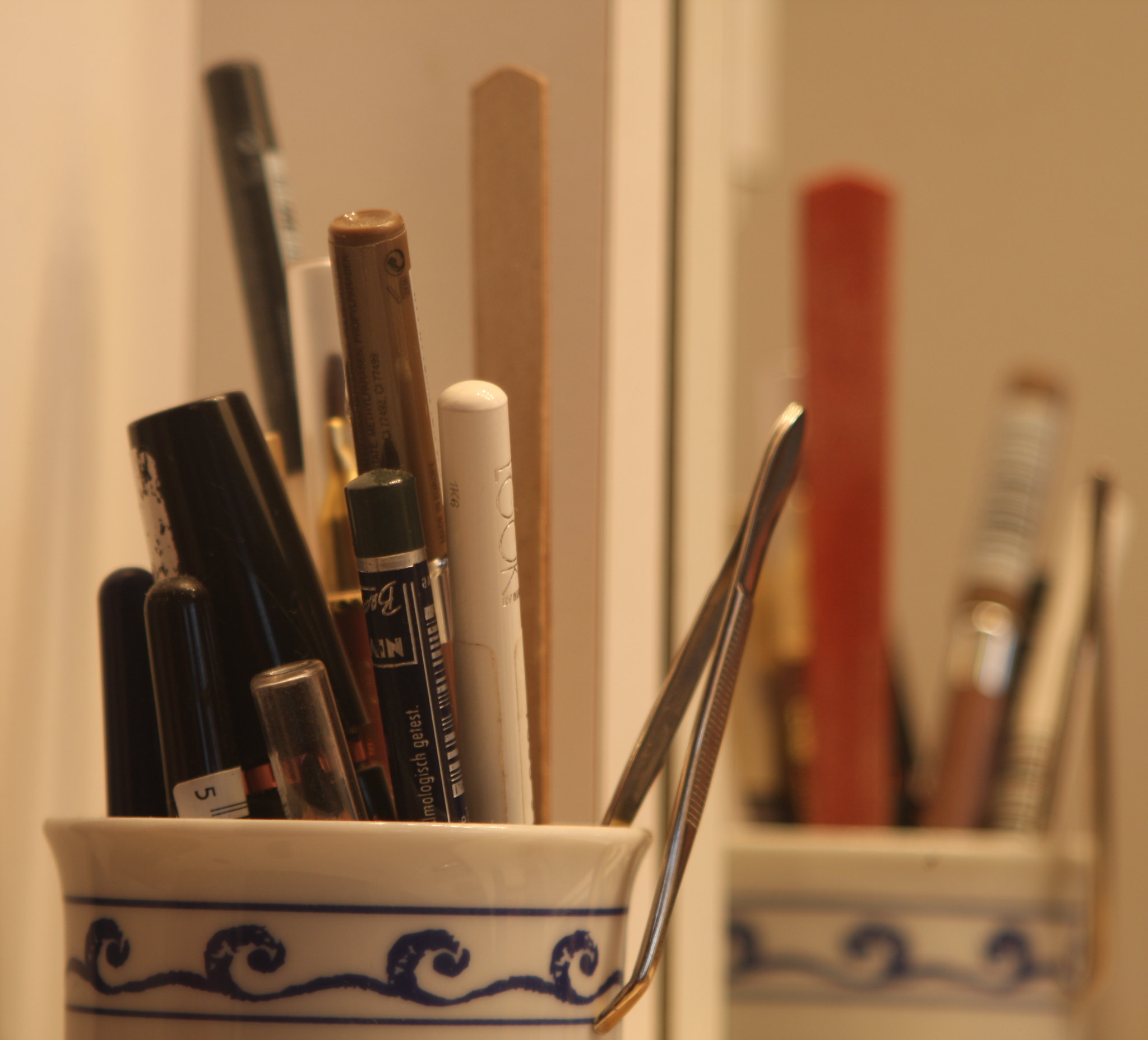
Ancient Egyptians wrote the book on makeup, literally. Their eye makeup doubled as sun protection and style statement.
Different cultures developed their own beauty tricks using local ingredients. Modern makeup might come in prettier packages, but it serves the same basic purposes – protection, enhancement, and self-expression.
Daily Bathing
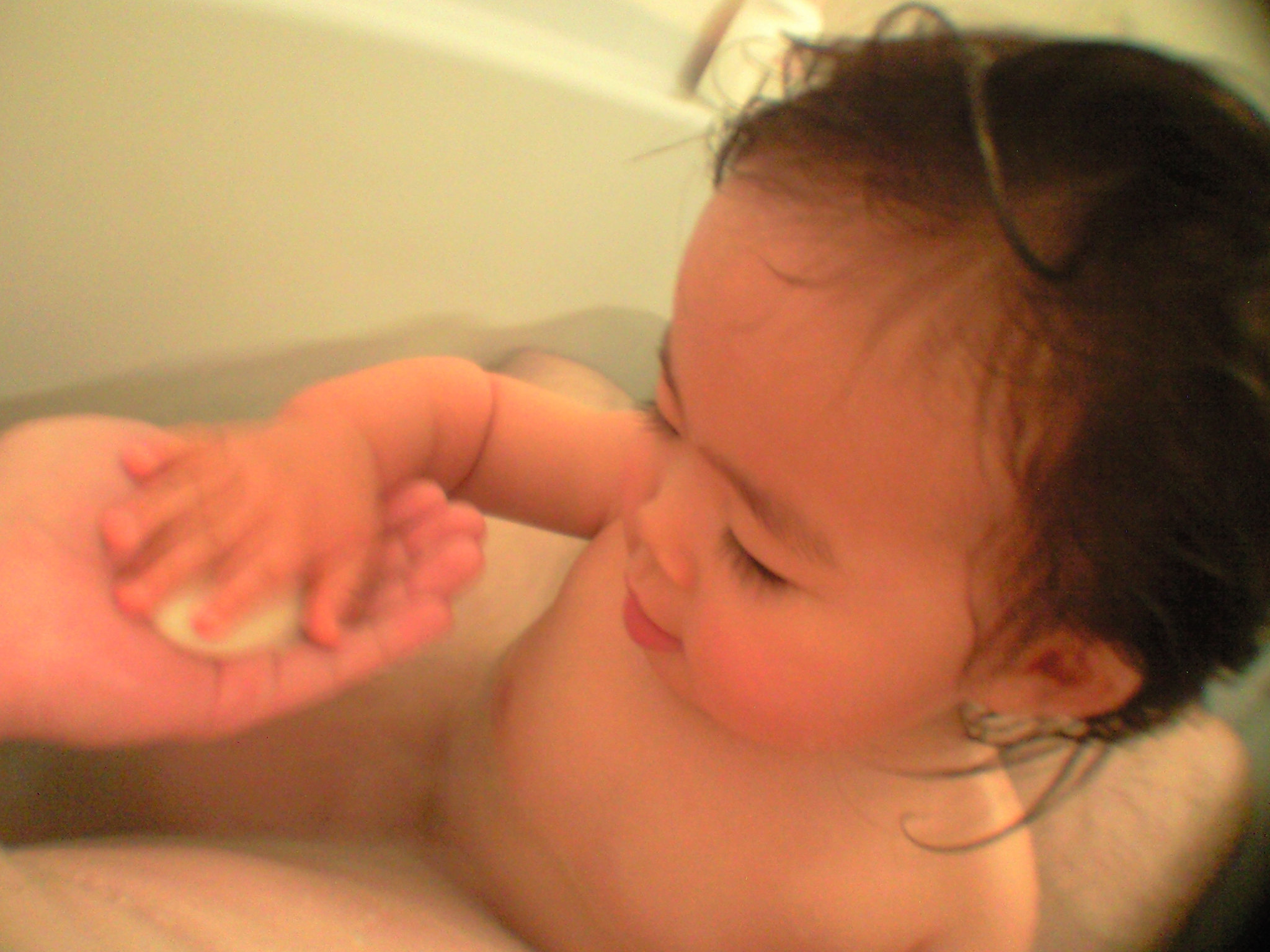
The Indus Valley civilization had impressive bathrooms long before indoor plumbing was cool. They built complex water systems for both practical and spiritual cleaning.
Greeks and Romans turned bathing into a social event. While Europe later decided bathing was suspicious, other cultures kept the tradition alive.
Breath Fresheners
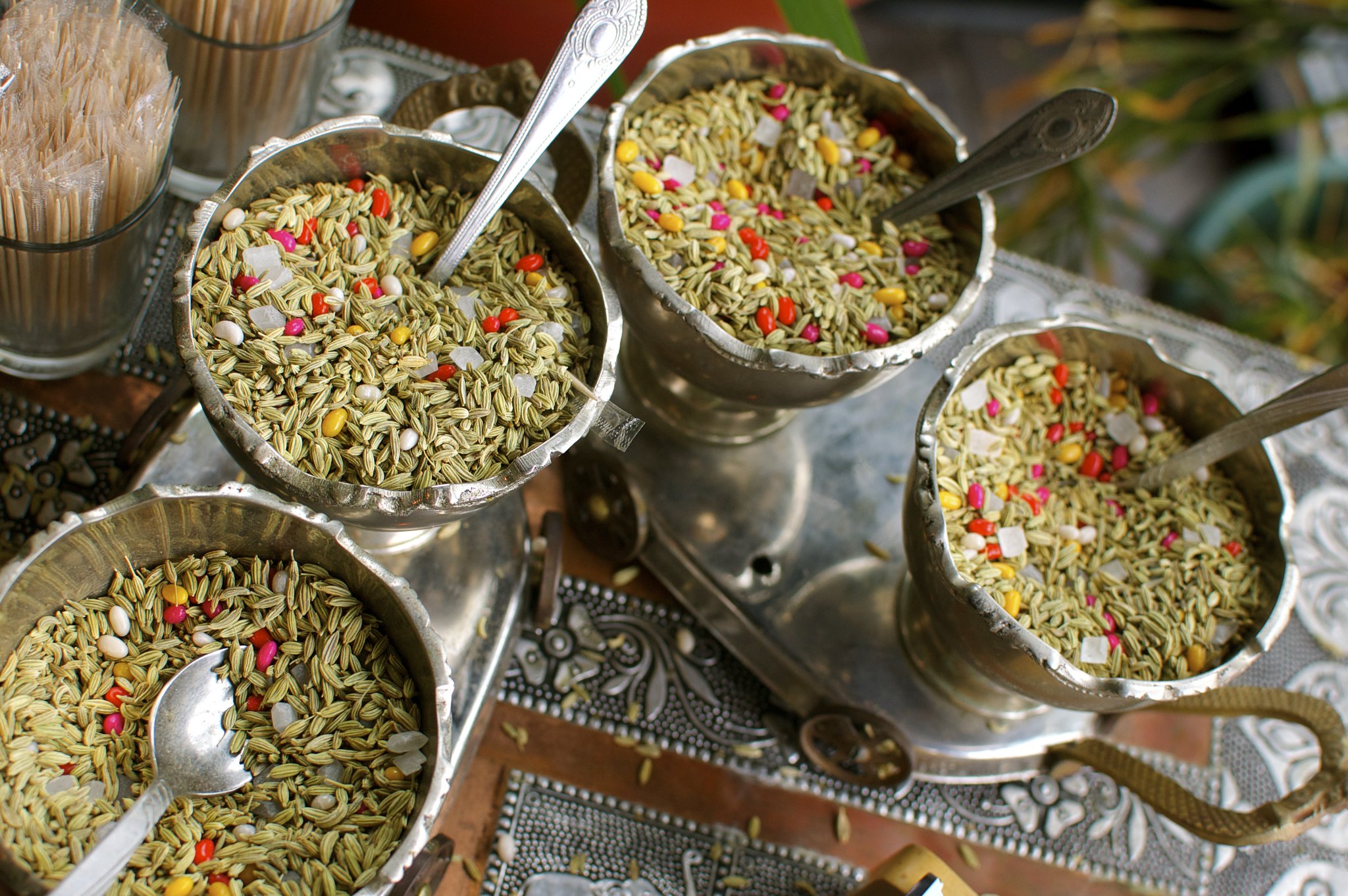
Bad breath has always been a social buzzkill. Ancient folks chewed on herbs and tree resins to freshen up – nature’s breath mints.
Each region had its favorite plants: cardamom in India, parsley in ancient Greece, cloves in China. Modern mouthwash might taste better, but the goal hasn’t changed.
Like Go2Tutors’s content? Follow us on MSN.
Hot Beverage Customs
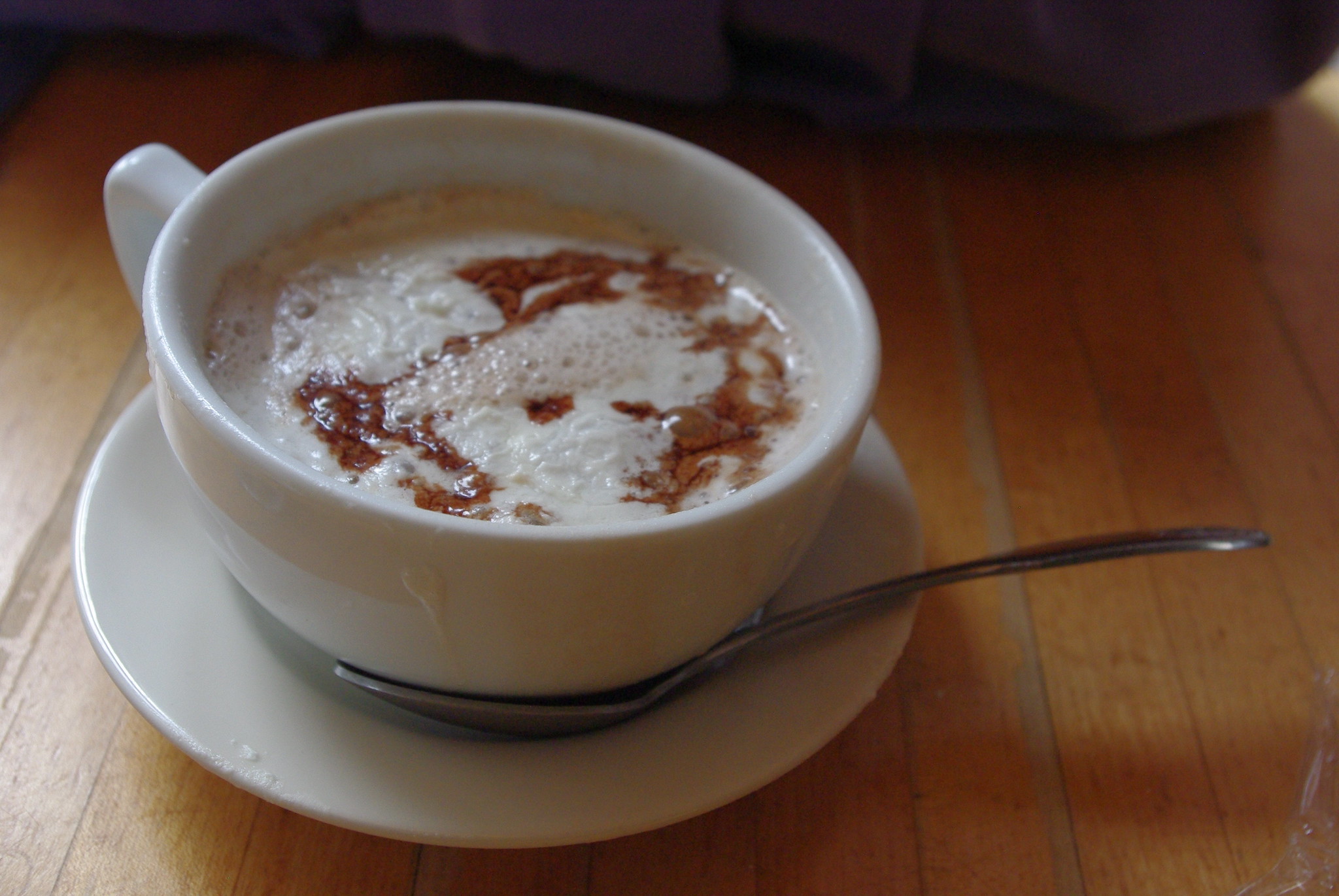
The story goes that a Chinese emperor accidentally discovered tea when leaves fell into his hot water. Whether true or not, ancient cultures worldwide figured out that hot drinks could be both comforting and healthy.
From Chinese tea ceremonies to Arabic coffee rituals, hot beverages became more than just a way to stay warm.
Mirror Usage
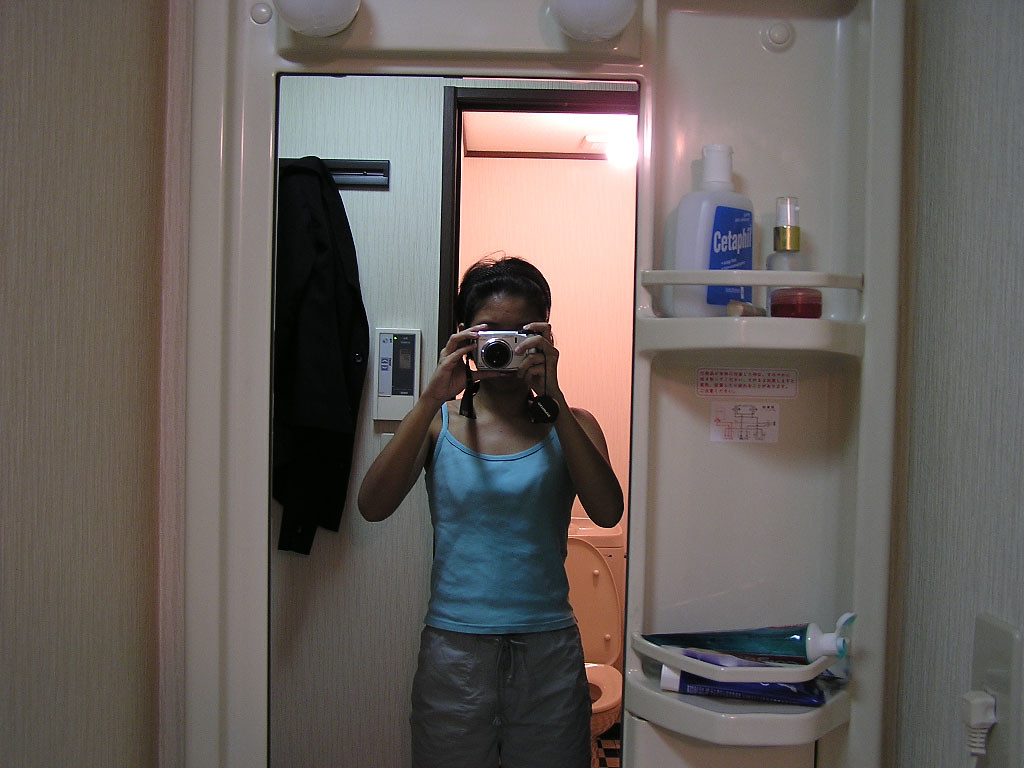
Before selfies, there were polished obsidian mirrors in ancient Turkey. People have always wanted to check their reflection, whether for grooming or spiritual purposes.
Each culture added its own beliefs about mirrors – some saw them as windows to the soul, others as tools for scrying the future.
Indoor Plants
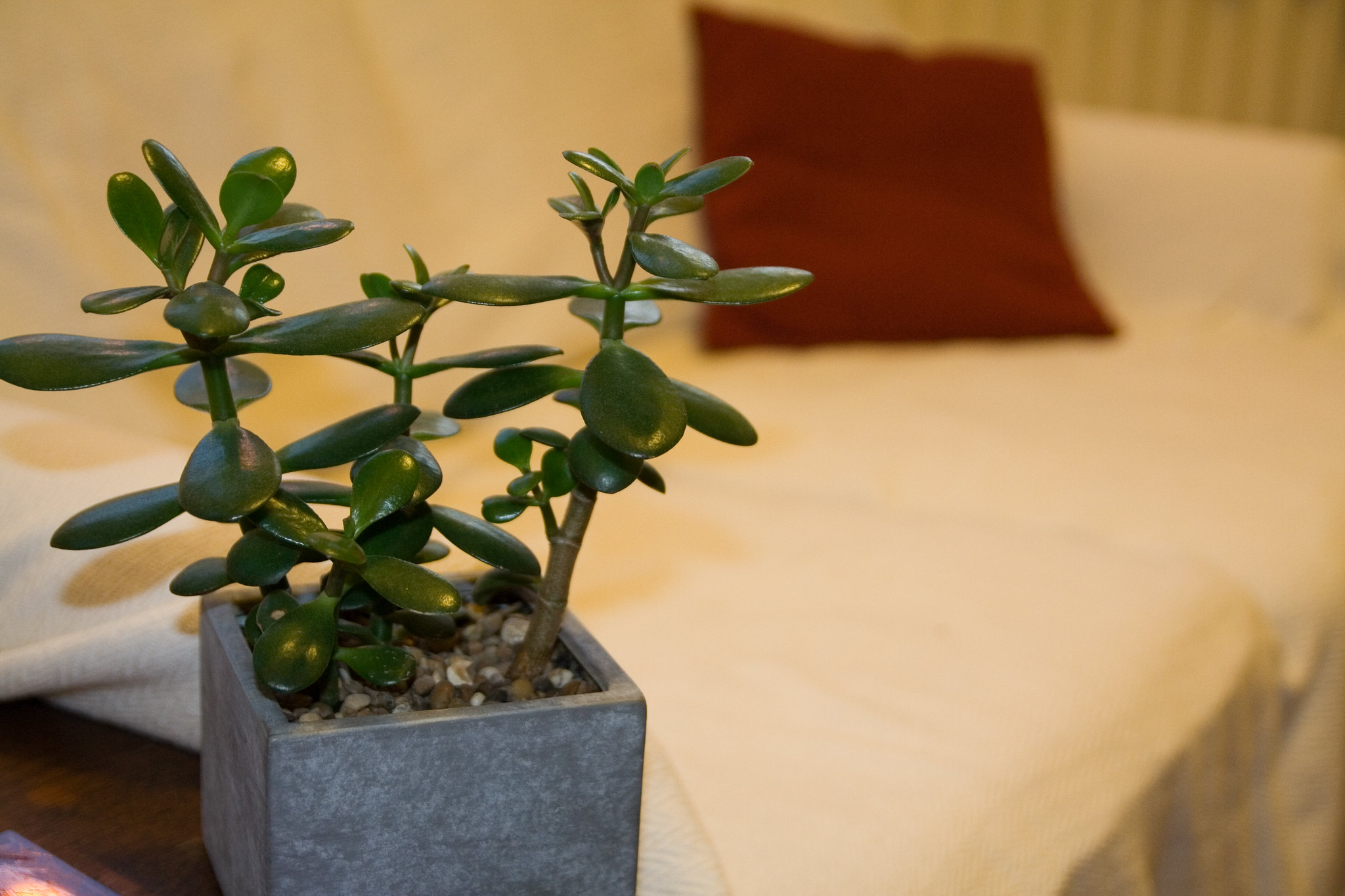
Bringing plants inside wasn’t just about decoration in ancient times. Mesopotamians and Egyptians believed certain plants brought good fortune and kept evil spirits away.
They figured out which plants could survive indoors and which ones had practical uses. Today’s houseplant trend has roots in these ancient green thumbs.
Like Go2Tutors’s content? Follow us on MSN.
Board Game Traditions
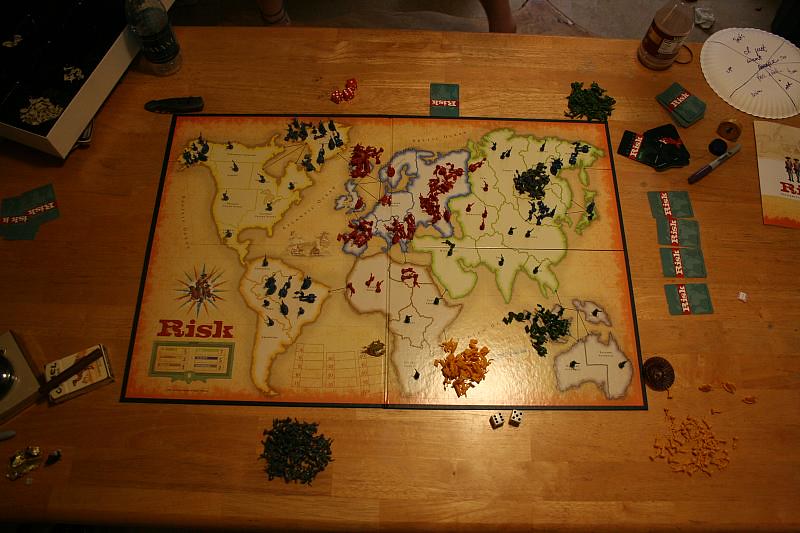
On slow days, ancient people didn’t have Netflix to binge. Instead, they created board games, some so popular they spread across continents.
The Royal Game of Ur was the ancient equivalent of Monopoly – everyone wanted to play it. These games weren’t just pastimes; they taught strategy and brought people together.
Through the Ages
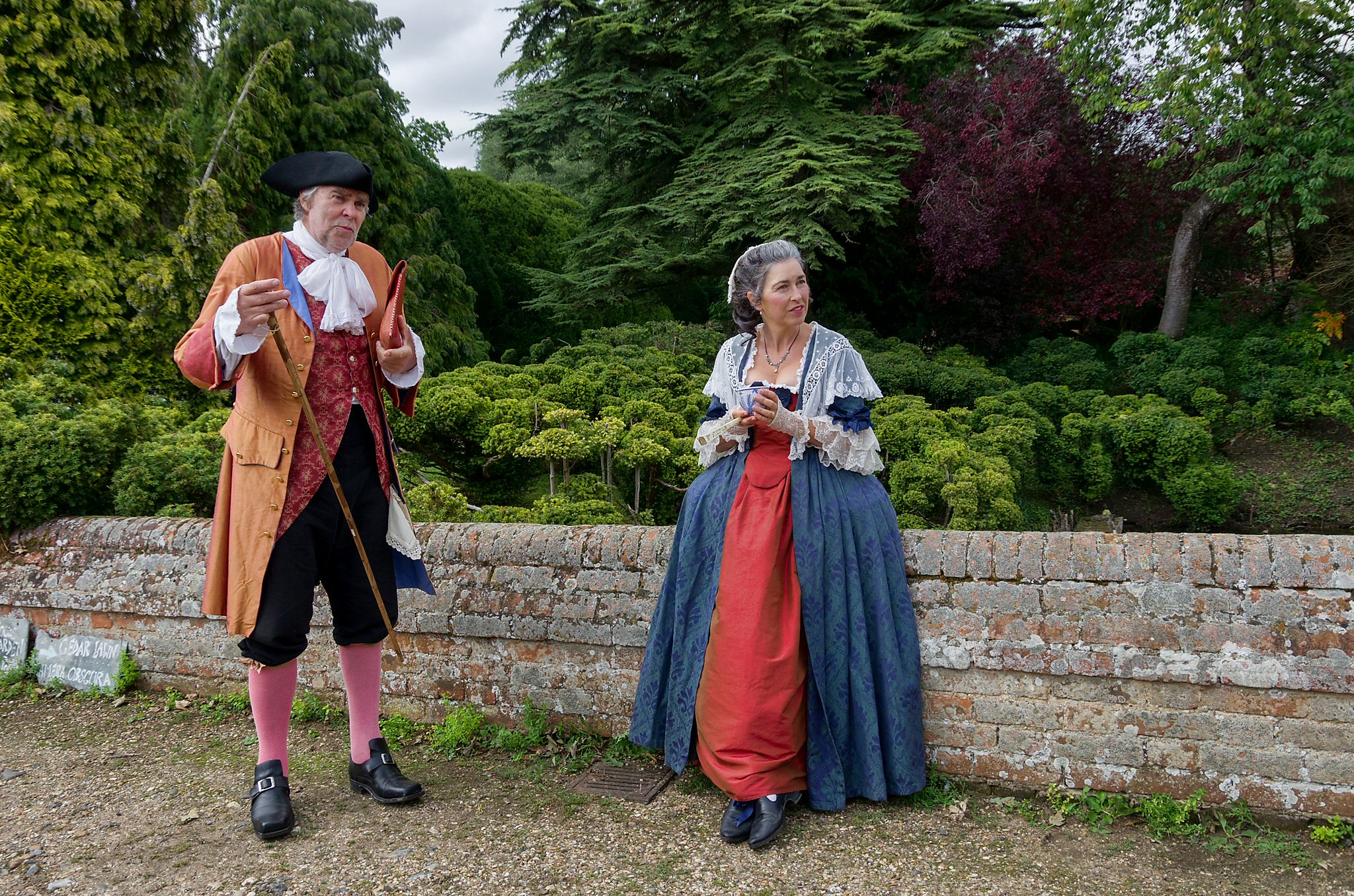
Looking at these habits shows how human nature hasn’t changed much over millennia. We still seek comfort, connection, and a bit of style in our daily lives.
While smartphones might have replaced some ancient customs, others persist practically unchanged. These enduring habits remind us that despite our modern trappings, we’re not so different from our ancestors after all.
More from Go2Tutors!

- Famous Battles: How Much Do You Really Know About U.S. History?
- Top 5 Most Important Skills, According To Harvard Business School
- How Well Do You Know 90s Pop Culture? Take the Quiz
- Master the Art of Public Speaking with These Expert Tips
- Think You Know Capitals? Put Your Knowledge to the Test
Like Go2Tutors’s content? Follow us on MSN.



